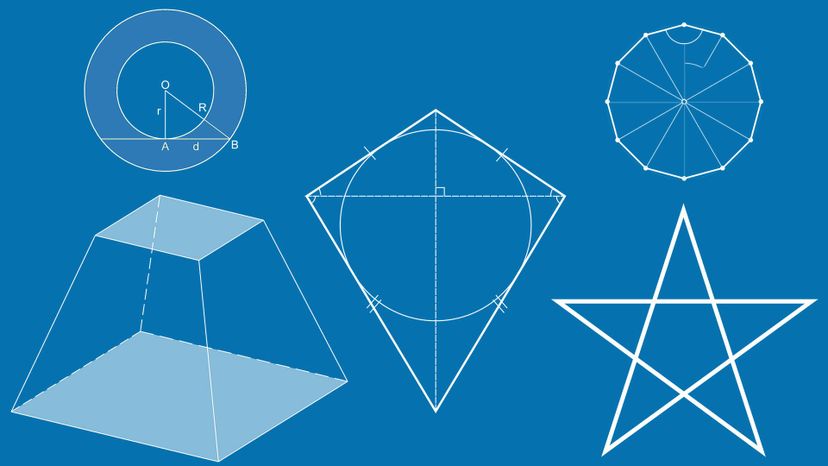
About This Quiz
A shape is described as "the outward form of an object defined by its outline." Geometry is defined as" the size, relative position, and properties of an object when parameters like scale, orientation and reflection are removed from the equation." Therefore, moving an object around, enlarging, and rotating it, will result in the same shape.
Throughout kindergarten and high school, we have been taught about these shapes, from the basic yet difficult to draw perfect circle, to more complex structures like dodecagons and icosahedrons. They are classified into different groups based on the number of edges that they have, and can also be labeled as regular and irregular based on whether they follow certain parameters. These geometric shapes can be seen mostly in two- and three-dimensional forms, each of which consist of a set of points and lines which connect in a closed chain.Â
If you were given images of these different shapes, will you be able to correctly match each one to its name? Will you be one of those people who gets tripped up on the difference between ellipse and ellipsoid or trapezium and trapezoid? Well, many people do. Take this quiz to see if you will be part of the 3% who know all of their shapes.Â
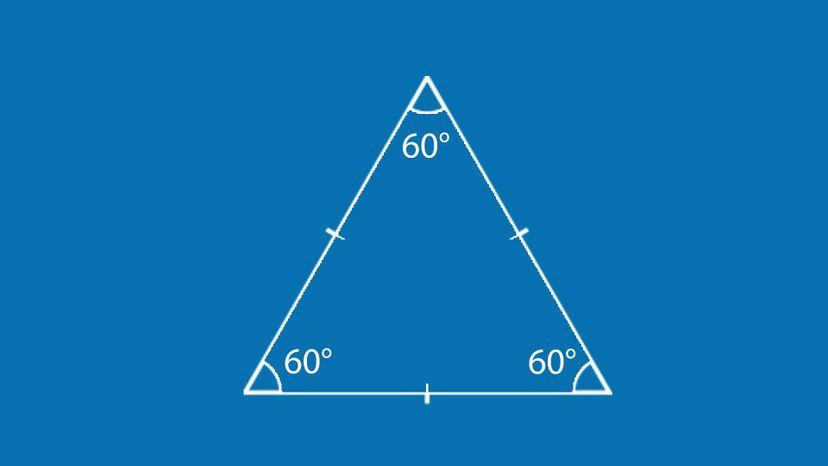
An equilateral triangle is a type of triangle which is equal in length on all three sides. This shape is also equiangular, which means that all of the internal angles are the same.
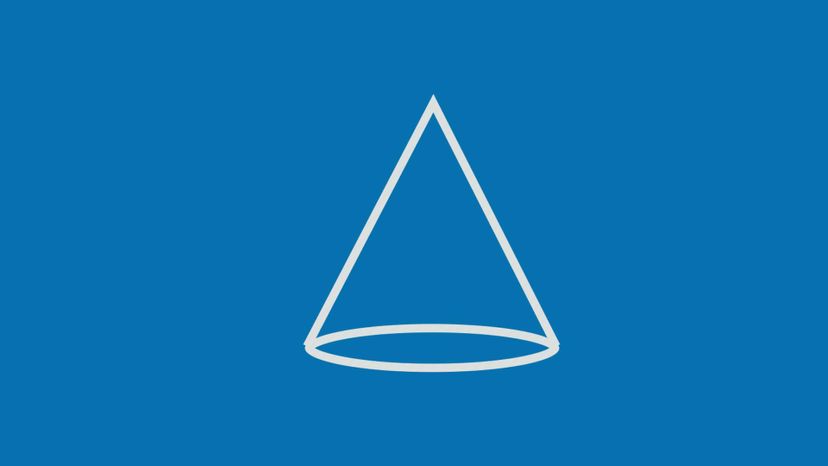
A cone is a three-dimensional shape which tapers from a flat base to a point known as the apex. Cones have a circular face with curved sides which roll up to a point at the top.
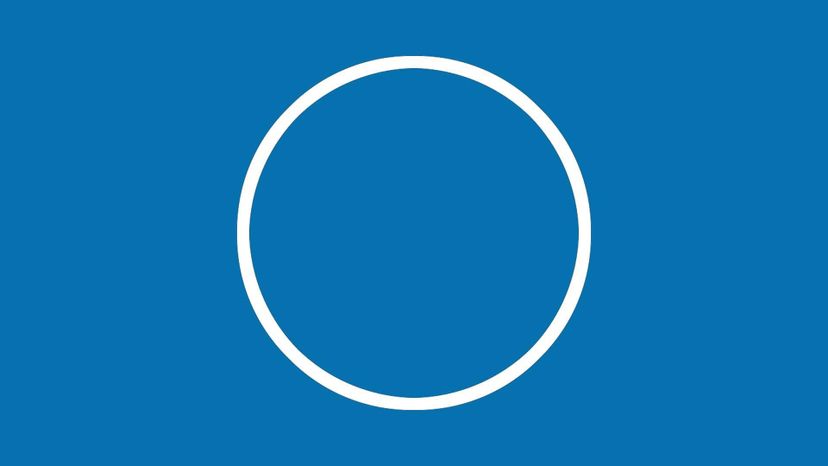
A circle is a closed shape which all points in the boundary are equidistant from a fixed point, which is the center. The distance between the center and any point is known as the radius.
Advertisement
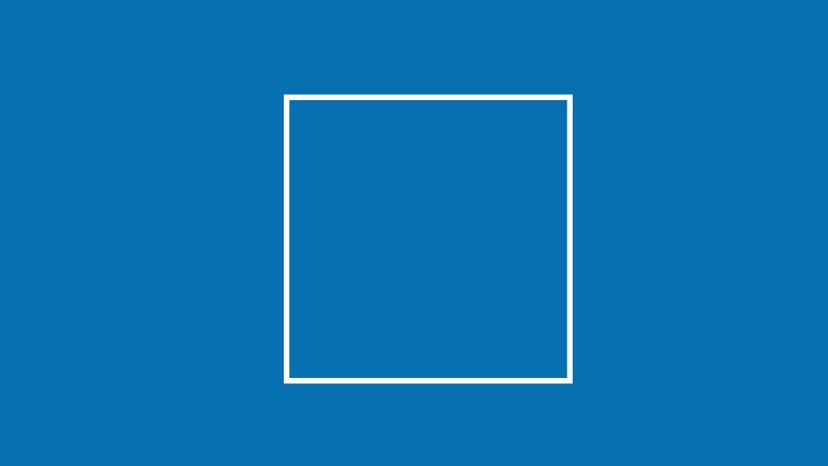
A square is a regular quadrilateral which consists of four equal sides and four equal angles (90-degree angles). It has also been described as a rectangle whose adjacent sides are equal in length.
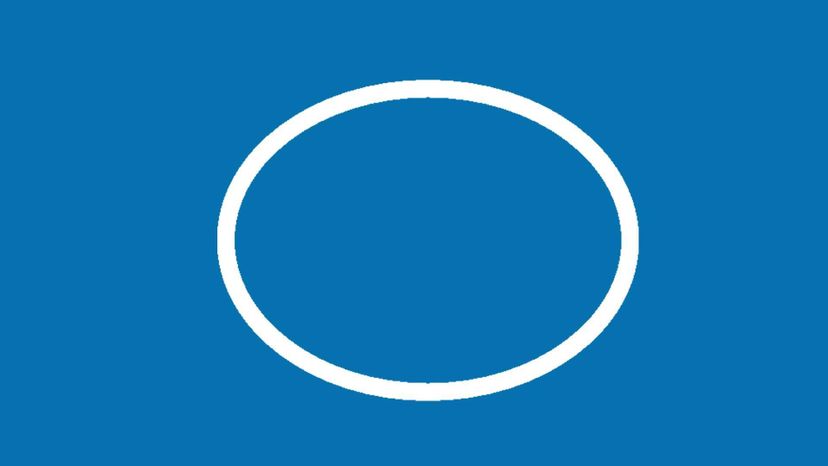
An ellipse is a curve in a plane which surrounds two focal points. The sum of the distance of the two focal points to the edge is constant for every point in the curve. Many of the comets in the solar system orbit around the sun in an elliptical manner.
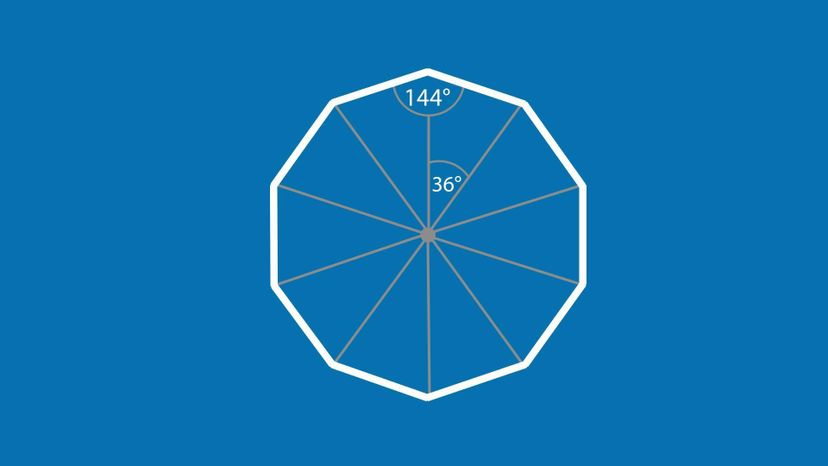
A decagon is a 10-sided polygon whose sides are all straight and equal. Each of its internal corners/angles is always equal to 144 degrees, all of which sum up to 1,440 degrees.
Advertisement
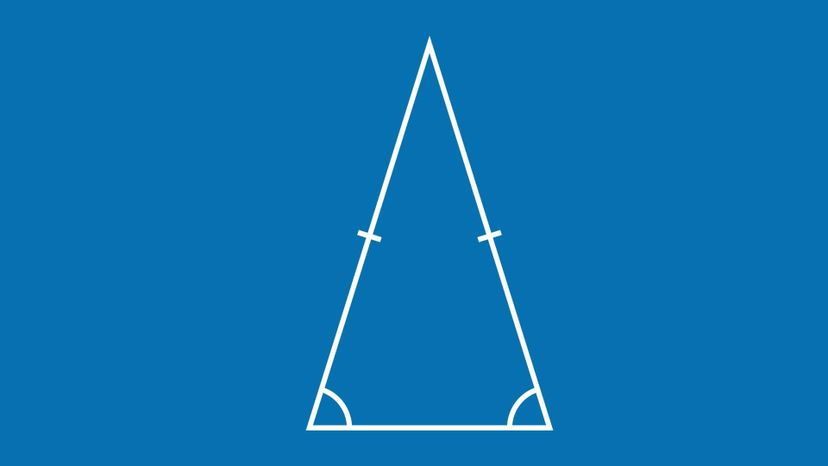
An isosceles triangle is a type of triangle which has two sides of equal length. The two equal sides are referred to as the legs, while the third side is referred to as the base. One special isosceles triangle is a golden triangle.
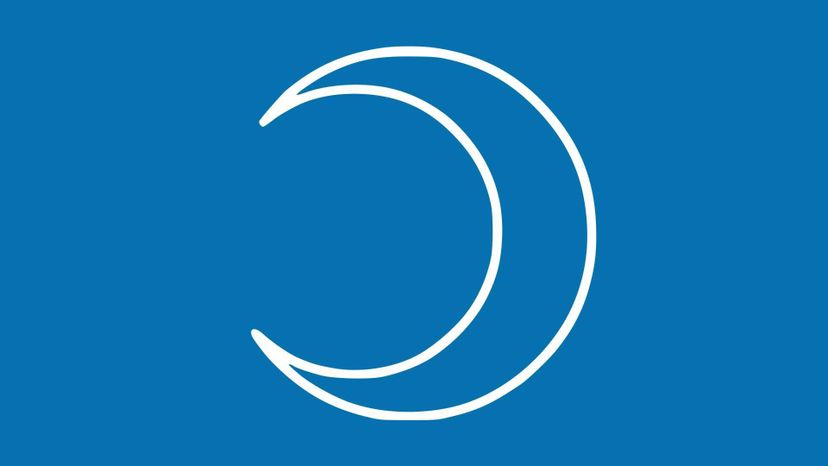
A crescent is circular disk with a portion of another circle removed from the edge. The shape represents the lunar phase in the first quarter of the phases of the moon.
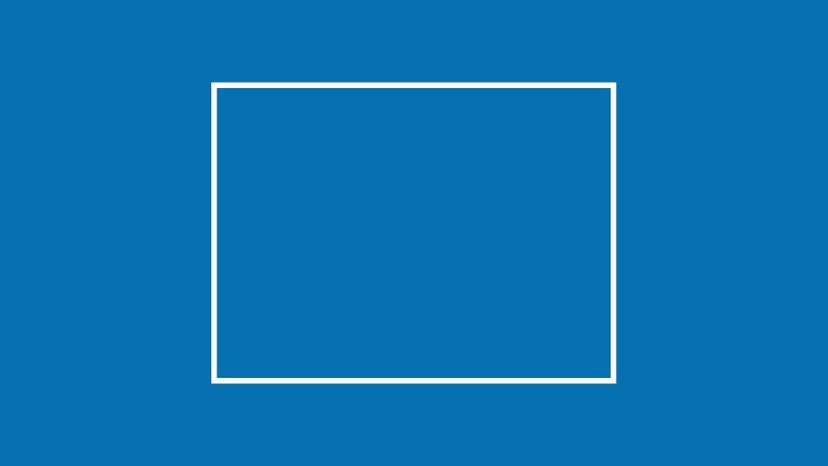
A rectangle is a quadrilateral polygon which has four right angles. Traditional rectangles have two sides which are longer than the other two, but all angles are still equal to 90 degrees.
Advertisement
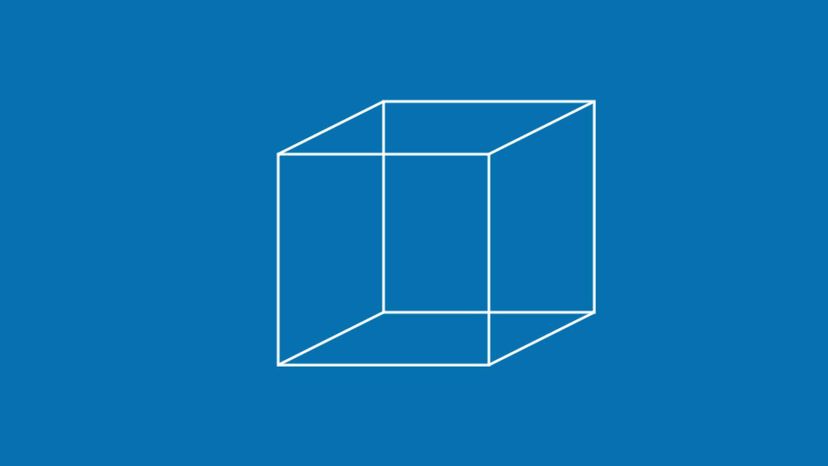
A cube is a three-dimensional object which is bounded by six square faces and sides, with three of them meeting at each vertex. Dice are cubes, although the edges are often rounded off.
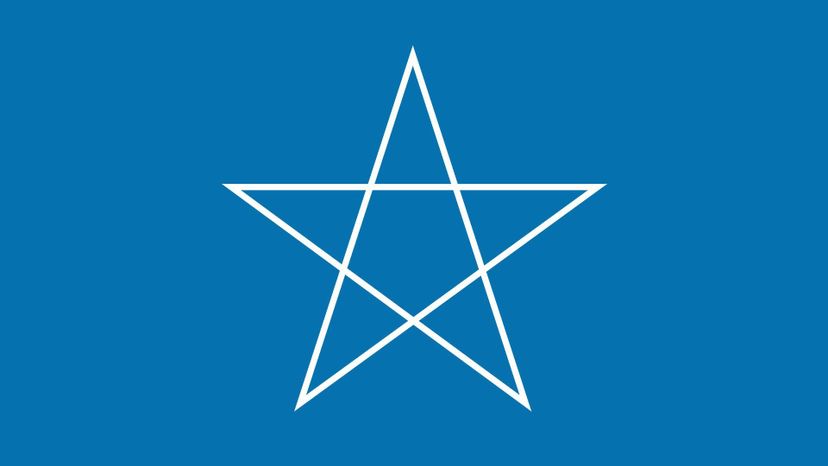
A star is a self-intersecting and equilateral polygon which is defined as "an equiangular polygon created by connecting one vertex of a polygon to another.†Most stars are seen with five points, but more points are possible.
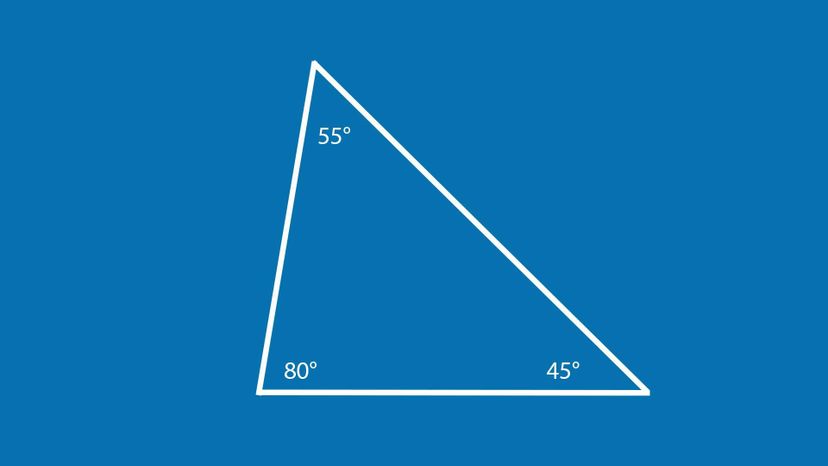
A scalene triangle is a type of triangle in which all of its sides are different in length. As expected, all of its angles are also different, but they still add up to 180 degrees.
Advertisement
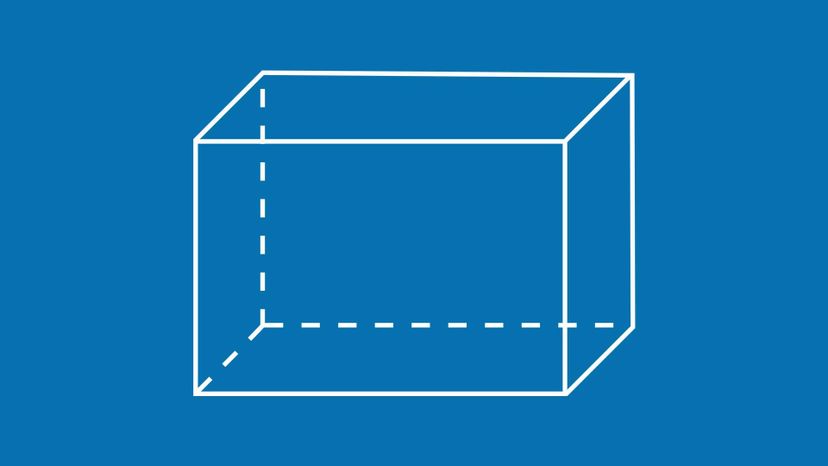
A cuboid is a three-dimensional convex polyhedron which is bounded by six quadrilateral faces and has a length, width and height. Each face is rectangular, and all of its corners are 90-degree angles.
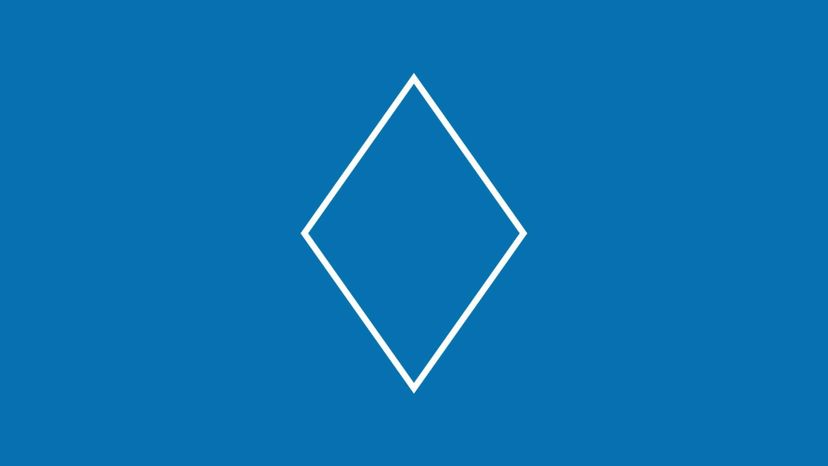
A rhombus is a non-self-intersecting quadrilateral whose four sides are all equal in length and is often called a diamond because of its appearance. Each pair of opposite angles are equal.
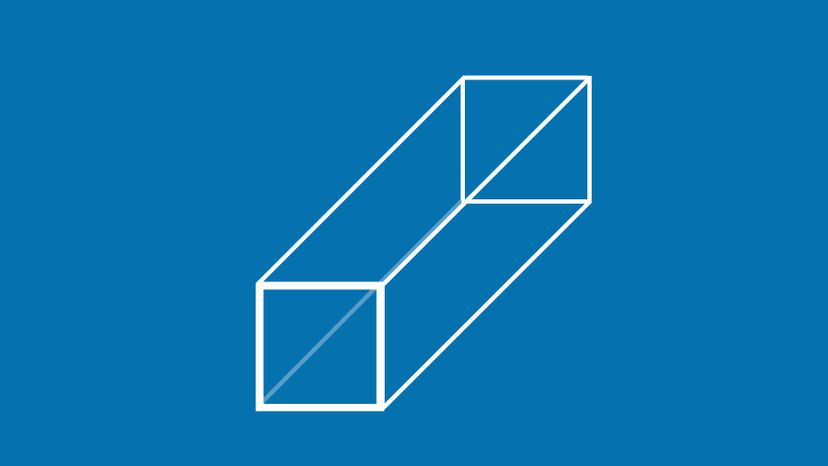
A square prism is a three-dimensional cuboid whose two bases are squares. The opposite sides and angles are congruent. A common example of a square prism is a box of tissue paper.
Advertisement
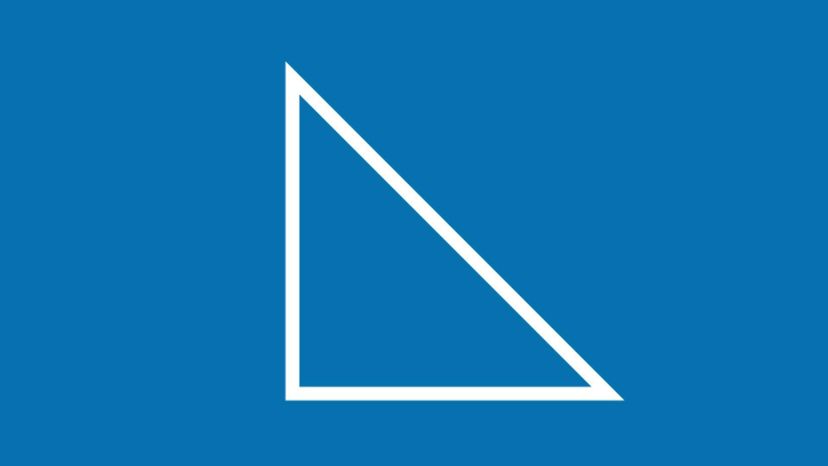
A right-angled triangle is a triangle in which one of the angles is a right angle. The side opposite to the angle is called the hypotenuse and the sides adjacent to the right angle are called the legs.
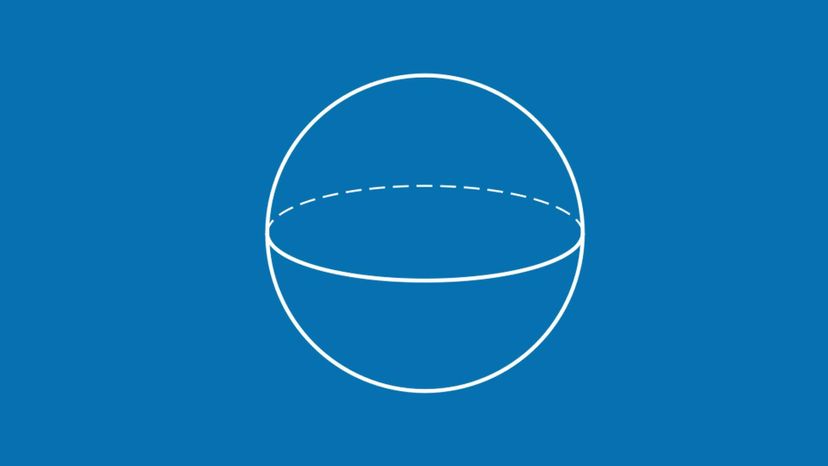
A sphere is a three-dimensional perfectly rounded object, whose distance from the center is the same at any point or level. The Earth is a rough example of a sphere.
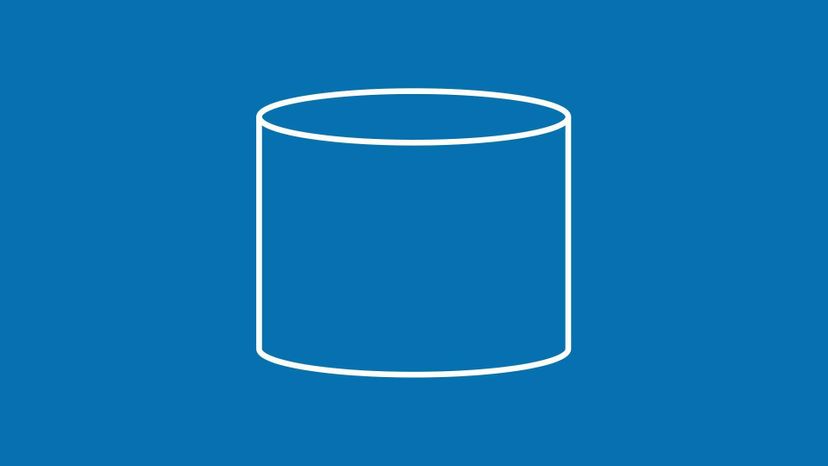
A cylinder is a three-dimensional shape which is bounded by two round shapes at the top and the bottom and two parallel lines which connect them.
Advertisement
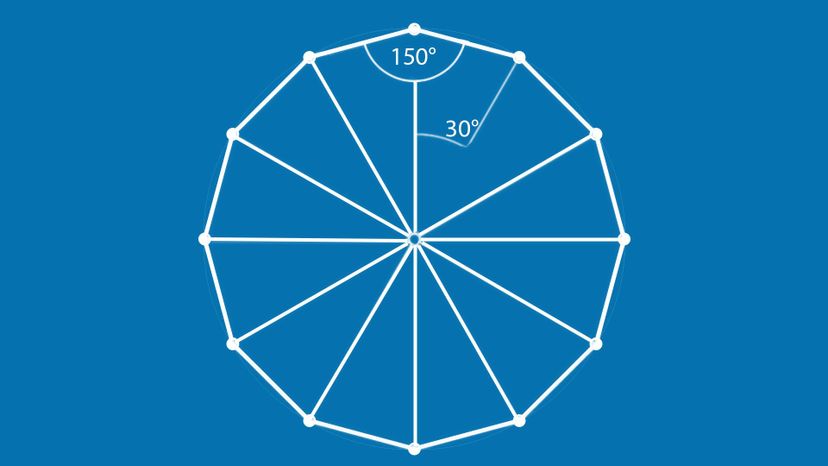
A dodecagon is a polygon which has twelve sides. Regular dodecagons have an internal angle of 150 degrees at each vertex.
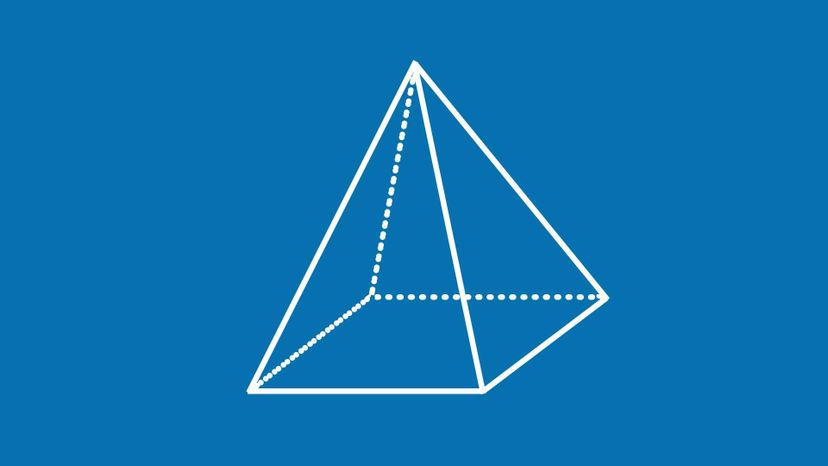
A square pyramid is a type of pyramid which has a square at the base. All of the lateral edges have the same length and the sides which are not a part of the base, are congruent isosceles triangles.
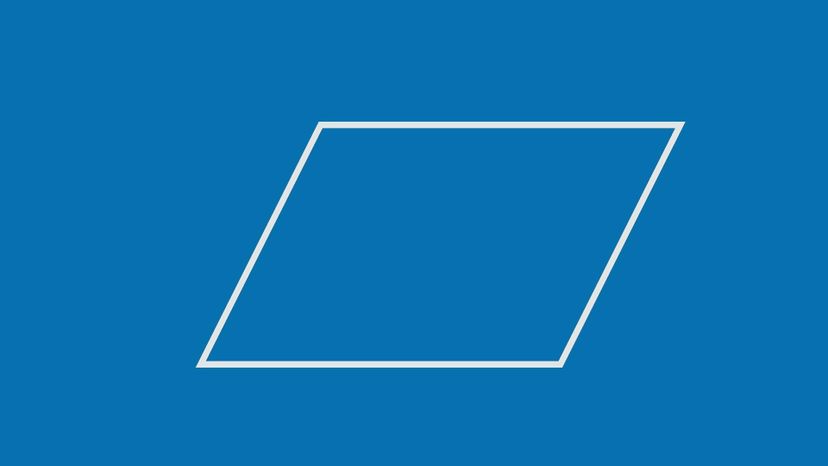
A parallelogram is a simple quadrilateral which has two pairs of parallel sides. The opposite sides of the shape are both equal in length and the opposite angles are also equal.
Advertisement
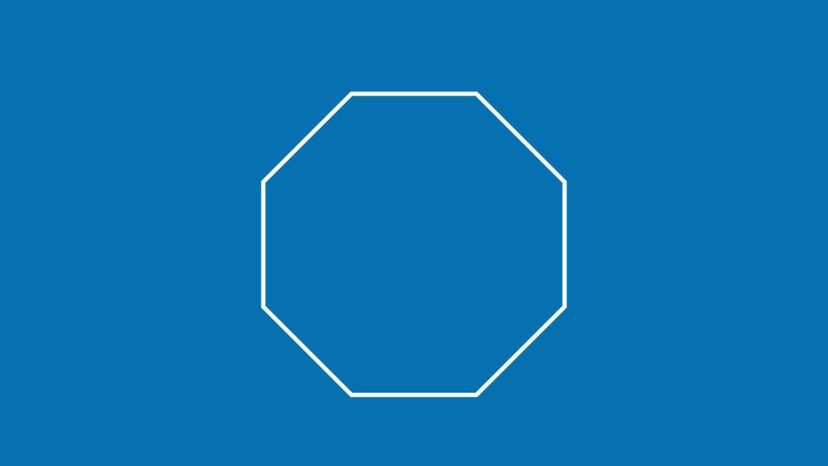
An octagon is an eight-sided and eight-angled polygon which is either regular (in which all sides and angles are equal) or irregular (in which neither the angles or sides are equal). Most stop signs are octagons.
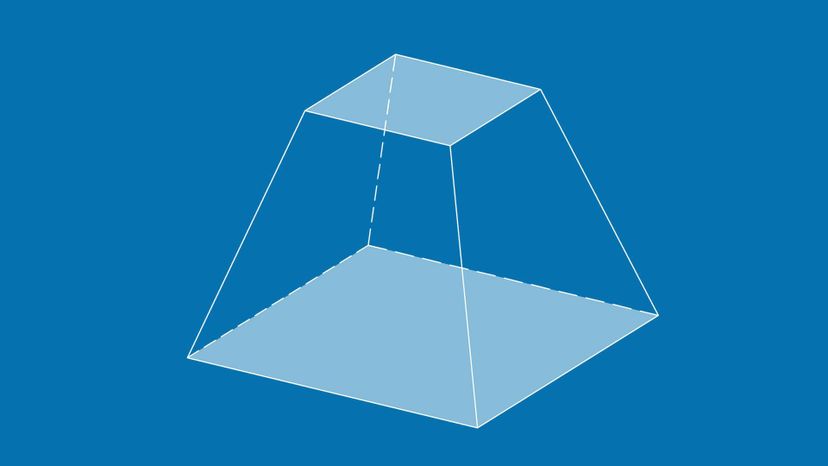
A frustum is a shape that remains after a portion of a solid pyramid or cone has been cut off, parallel to the base. The base and the top will both be the same shape but different sizes.
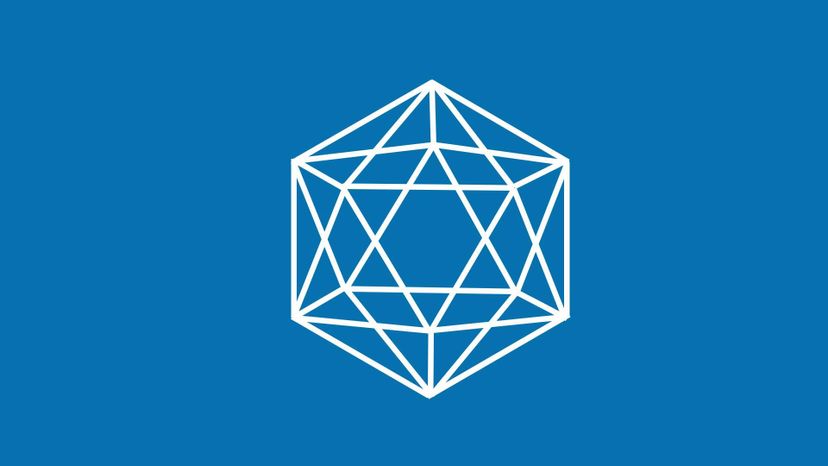
An icosahedron is a type of polyhedron - a three-dimensional shape with flat surfaces - that has 20 faces (or flat surfaces). Some enveloped viruses, including Hepatitis C and influenza, are in this shape.
Advertisement

A heptagon is a seven-sided polygon and can be either regular (in which all sides and angles are equal) or irregular (in which not all sides or angles are equal).
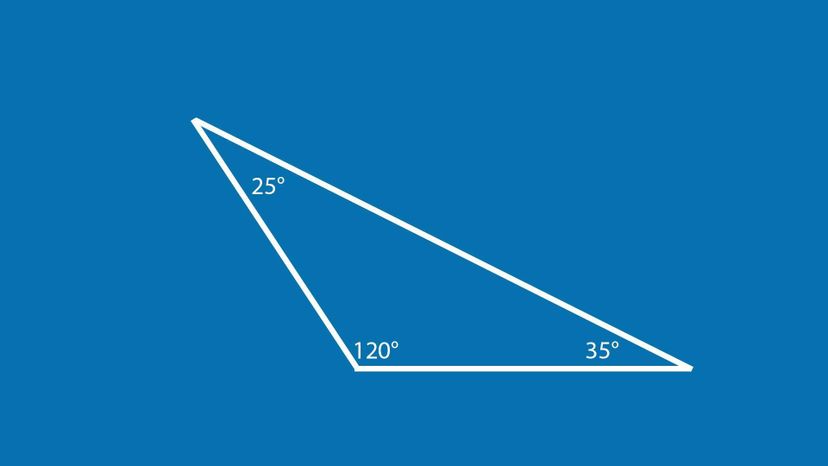
An obtuse triangle is a type of triangle which has an obtuse angle - an angle that is greater than 90 degrees. Since all triangles must add up to 180 degrees, it is impossible for a triangle to have more than one obtuse angle.
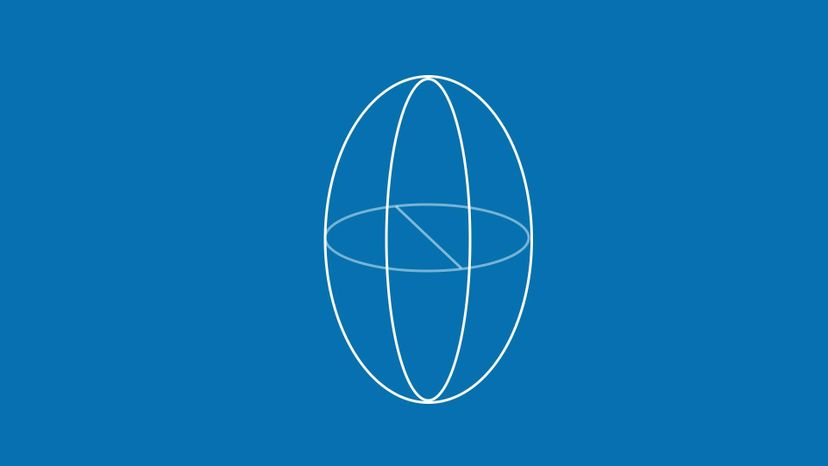
An ellipsoid is a three-dimensional figure whose plane sections are circles or ellipses. It differs from an ellipse in that an ellipse is flat.
Advertisement
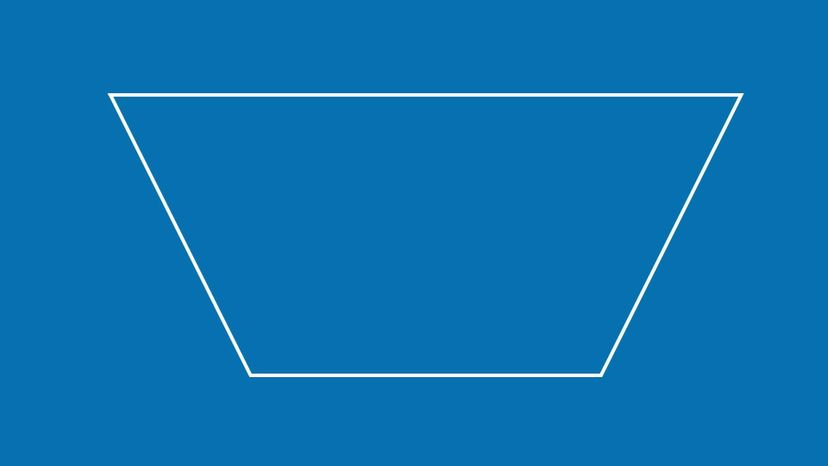
A trapezoid is a quadrilateral shape which has at least two sides which are parallel to each other. When the base angles are equal, it is called an isosceles trapezoid.
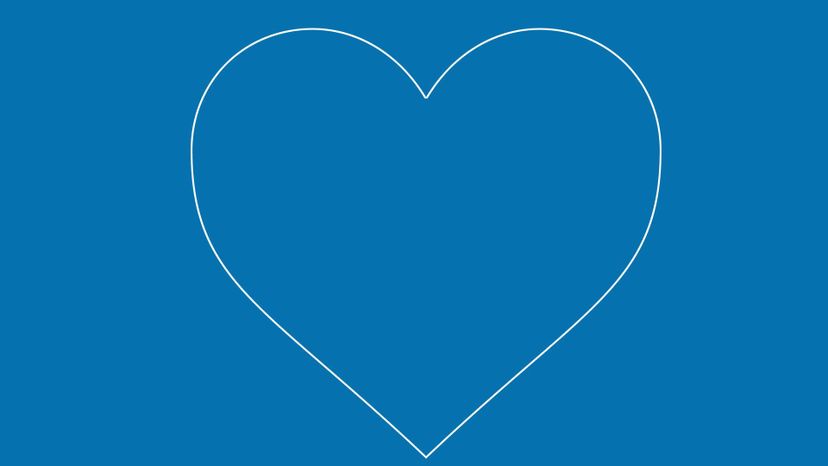
A heart shape can be described as having two equal curves connected by a cusp on the top which meet at a point on the bottom. The shape is often used to express affection and love.
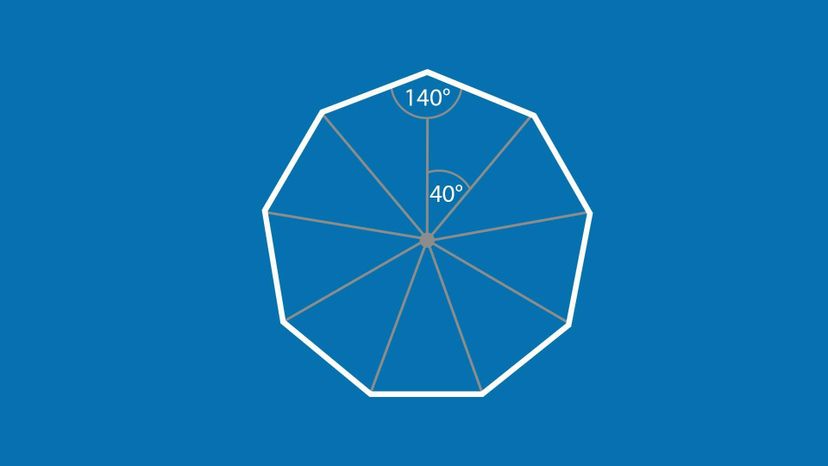
A nonagon is a nine-sided polygon. If it is regular, all sides and angles are equal. If it is an irregular nonagon, the sides and angles are not all equal.
Advertisement
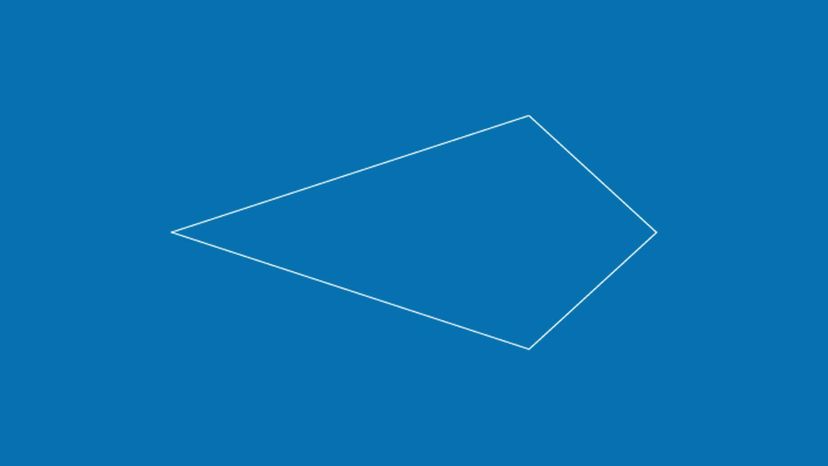
A kite is a quadrilateral which has four sides. A kite has two pairs of adjacent sides which are equal in length.
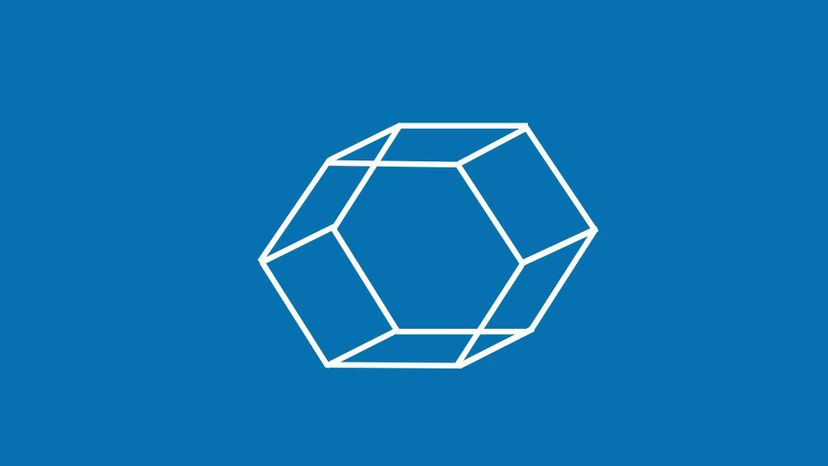
A hexagonal prism is a prism and polygon which has a hexagonal base and consists of 8 faces, 18 edges and 12 vertices. It's basically a hexagon with height.
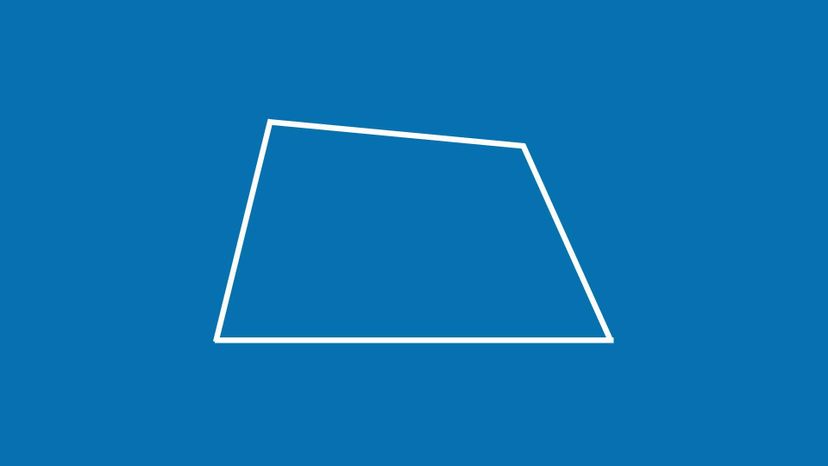
A trapezium is a quadrilateral which has no parallel sides. It differs from a trapezoid because the trapezium does not have parallel sides, while the trapezoid does.
Advertisement
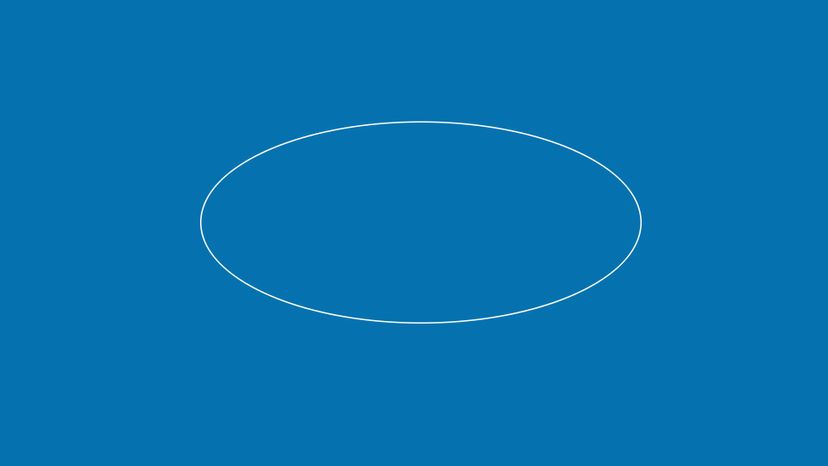
An oval is a closed curve in a plane which resembles the outline of an egg. Many curves have been called ovals or have been said to be oval-shaped.
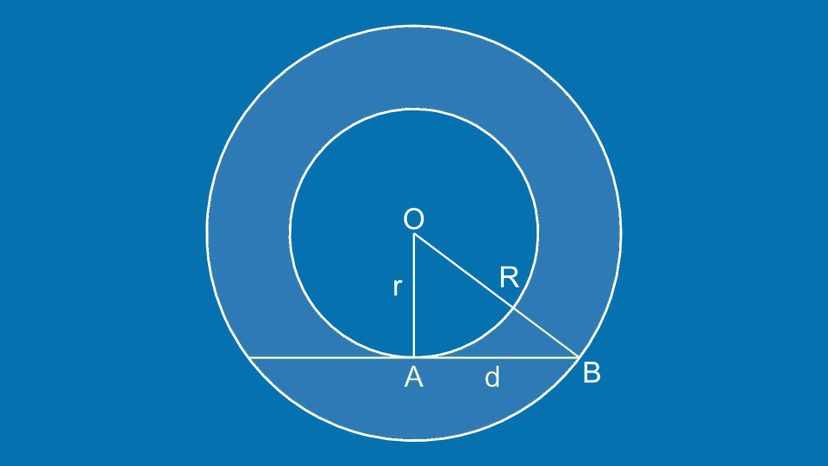
An annulus is circular shape, in which a region is bounded by two concentric circles. When not referring to geometry, it is used to refer to the shape of a hardware washer.
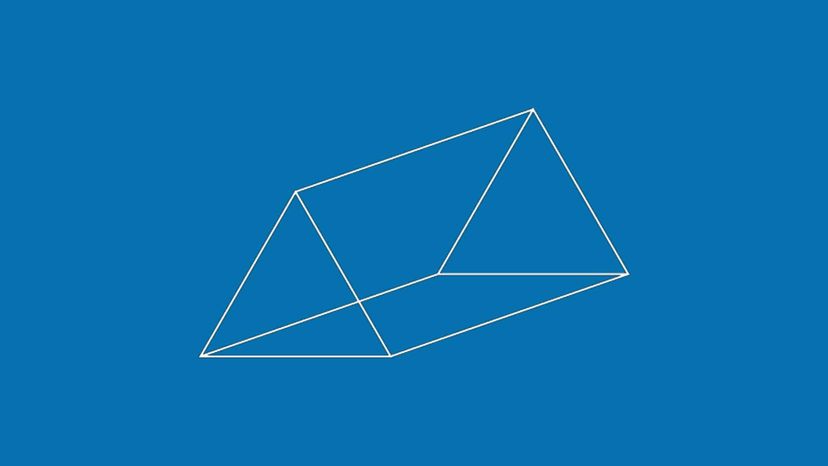
A triangular prism is a three-sided prism with a triangular base. All parallel cross-sections of the prism are equal triangles.
Advertisement
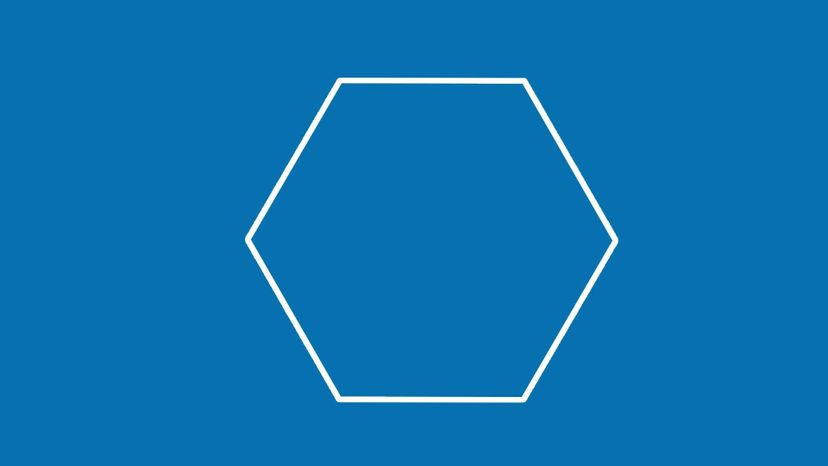
A hexagon is a six-sided polygon. If regular, each of its internal angles is equal to 120 degrees and they add up to 720 degrees.
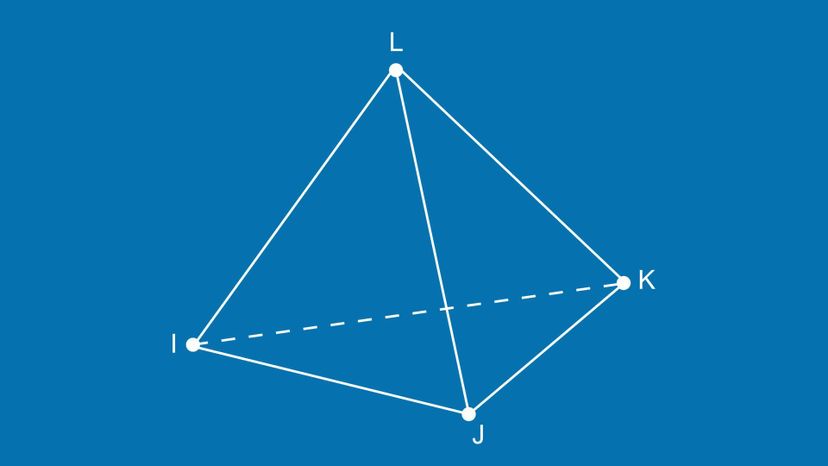
A tetrahedron, sometimes called a triangular pyramid, is a type of polyhedron which is composed of four triangular faces and four vertex corners.
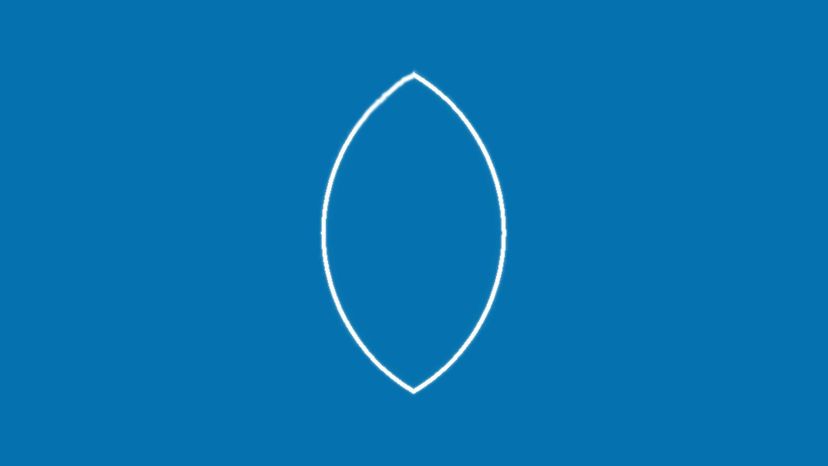
A lens is a two-dimensional shape which is composed of two convex arcs. The shape can also be created by having two circles intersect with the common area making up the lens.
Advertisement